At the invitation of Cinterfor – Inter-American Centre for Knowledge Development in Vocational Training, a delegation organized by the International Alliance of Skills Development for Belt & Road and BRICS visited Montevideo, the capital of Uruguay, for an exchange visit on June 27.
On the morning of June 28, accompanied by representatives from Cinterfor and SENAI Brazil, the delegation visited the Technology Park of the Technological University of Uruguay (UTEC). They gained insights into the institutions, projects, and enterprises located in the park and held a roundtable discussion with experts and technical personnel from the International Labour Organization (ILO) Uruguay Office and UTEC.
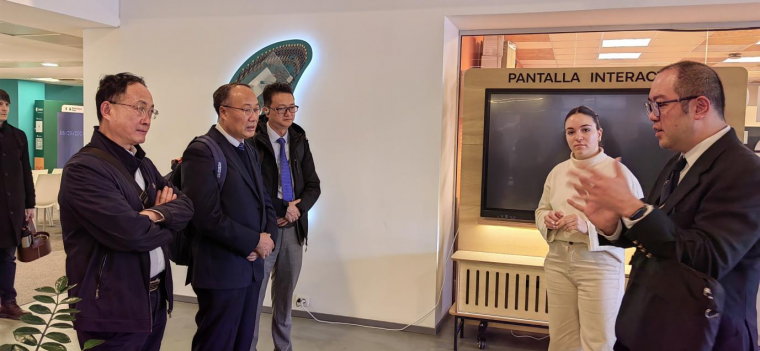 At the roundtable, Mr. Fernando Casanova, Director of Cinterfor, provided an overview of the institution. Founded in 1963, Cinterfor is a vocational training center affiliated with the ILO. Its primary mission is to integrate resources across universities to foster professional competencies and skills, promoting technical and vocational education and training (TVET) in collaboration with member countries.
At the roundtable, Mr. Fernando Casanova, Director of Cinterfor, provided an overview of the institution. Founded in 1963, Cinterfor is a vocational training center affiliated with the ILO. Its primary mission is to integrate resources across universities to foster professional competencies and skills, promoting technical and vocational education and training (TVET) in collaboration with member countries.
Dr. Adrian Larroca Ferrari from UTEC introduced the university’s development journey, student and faculty size, achievements, academic disciplines, curriculum development, and the establishment of 13 campuses and research centers. Founded in 2012, UTEC is a public higher education institution offering a range of undergraduate and postgraduate programs aimed at meeting the demands of Uruguay’s and the global labor markets. With a strong focus on science and technology, the university is committed to research and innovation. Its campuses are distributed across northern, western, southern, and eastern Uruguay. UTEC has also developed international partnerships, including the establishment of a Confucius Institute and receiving equipment and support from Great Wall Motors for its western campuses. The university is currently preparing to develop a Science and Innovation Park in Uruguay’s northern border region with Brazil, aiming to complete the project by 2028, expand the park, and attract enterprises.
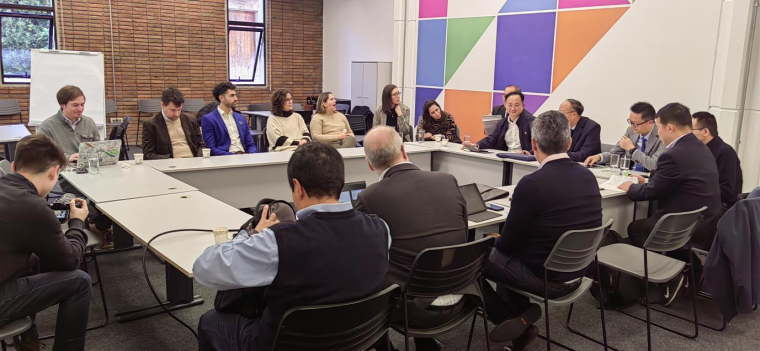
During the meeting, the Chinese delegation emphasized the potential for deep cooperation across UTEC’s 13 campuses and the upcoming Uruguay-Brazil cross-border Science and Innovation Park. The delegation proposed mobilizing and organizing Chinese enterprises and institutions to support the park’s development, establish a Joint Training Center for Future Skills in Uruguay, and host Skills Development and Technology Innovation Competitions to enhance students’ practical and innovative capabilities. This proposal generated strong interest among the Uruguayan representatives, who expressed enthusiasm for further communication and collaboration.
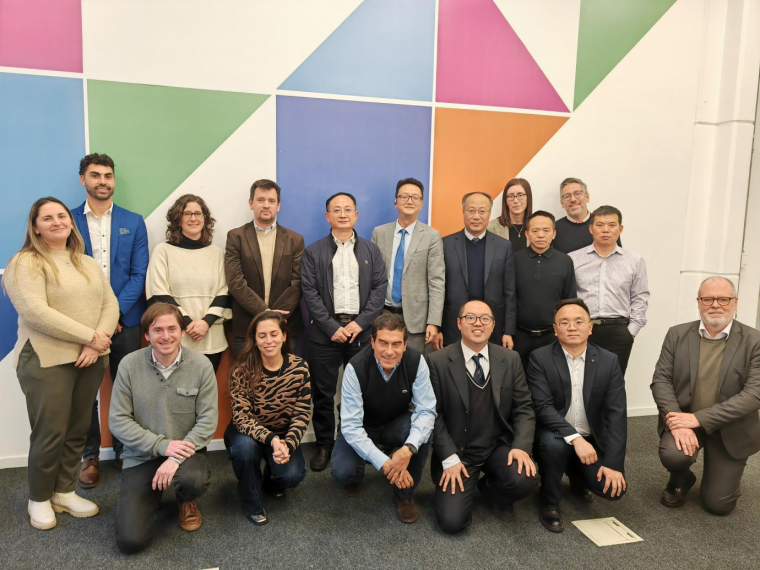
On the afternoon of June 28, the delegation visited INEFOP (National Institute of Employment and Vocational Training of Uruguay). INEFOP is a public institution in Uruguay that promotes training and employment through professional training and retraining programs, aiming to enhance job quality and productivity. INEFOP develops various training and skills development programs aligned with Uruguay’s labor market demands and also provides guidance and support for entrepreneurs and small businesses to enhance their business capabilities and competitiveness.
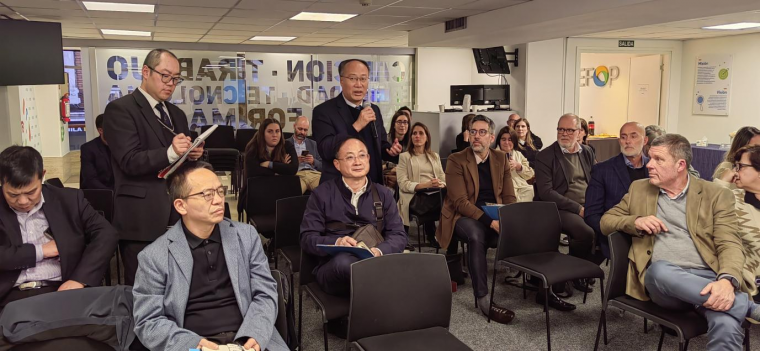 Mr. Du Hongjie, Secretary of the International Alliance of Skills Development for Belt & Road and BRICS, introduced the Alliance’s progress in vocational education, training, and skills development. He highlighted five key areas of achievement and practice:
Mr. Du Hongjie, Secretary of the International Alliance of Skills Development for Belt & Road and BRICS, introduced the Alliance’s progress in vocational education, training, and skills development. He highlighted five key areas of achievement and practice:
1. Establishment of the BRICS Standardization Working Committee for Skills and Technology and formulation of group standards to promote mutual recognition of standards;
2. Cooperation on International Training Bases for Future Technical Skills to cultivate skilled talents;
3. Regular hosting of the BRICS Auditorium of Skills Development and Technology Innovation for technical and theoretical training;
4. Implementation of training through competition by continuously organizing the Belt & Road and BRICS Competition of Skills Development and Technology Innovation;
5. Advancement of the construction of BRICS Academies and Resource Service Centers.
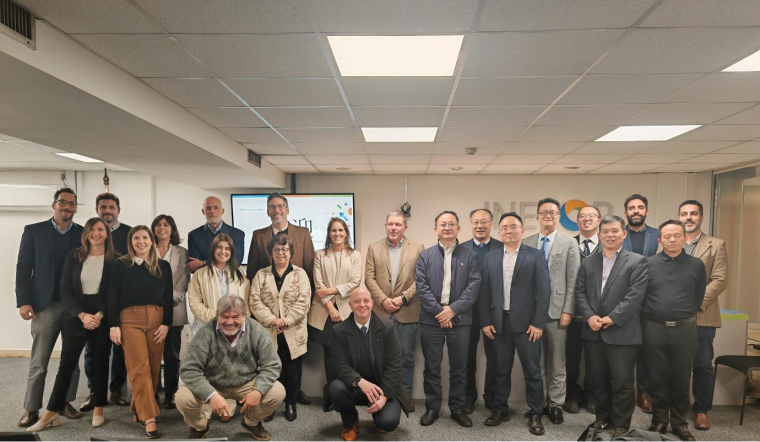 Through the on-site visits and exchanges, the delegation gained a preliminary understanding of Latin America’s, particularly Uruguay’s, overall landscape in innovation, technological transformation, and skills development. Both sides engaged in discussions on models of skills development and technology innovation and explored potential areas of collaboration between institutions in Uruguay and China. These exchanges are expected to lead to fruitful cooperation between the two parties.
Through the on-site visits and exchanges, the delegation gained a preliminary understanding of Latin America’s, particularly Uruguay’s, overall landscape in innovation, technological transformation, and skills development. Both sides engaged in discussions on models of skills development and technology innovation and explored potential areas of collaboration between institutions in Uruguay and China. These exchanges are expected to lead to fruitful cooperation between the two parties.
Related Reading
Recommended articles
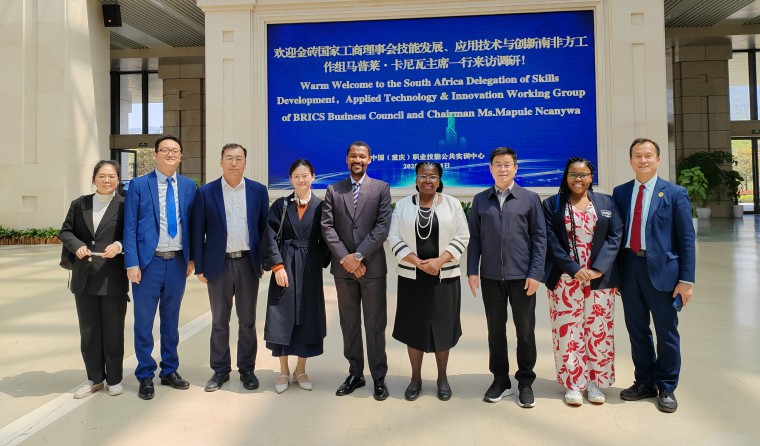
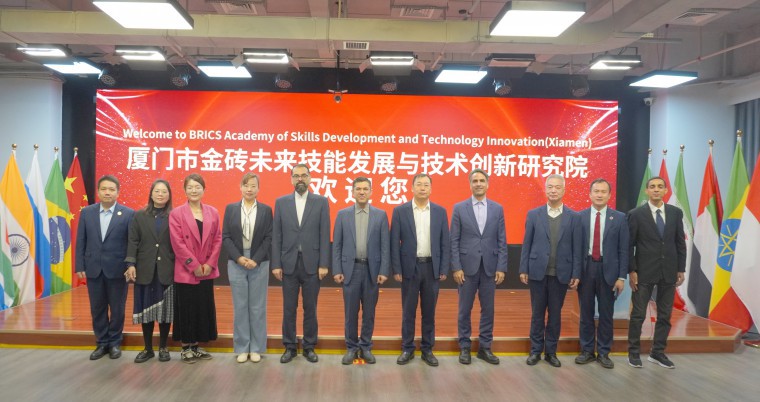
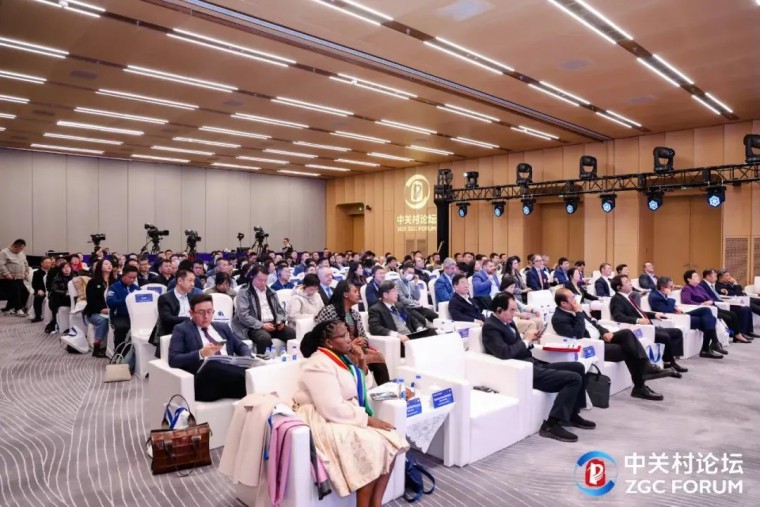

Popular articles


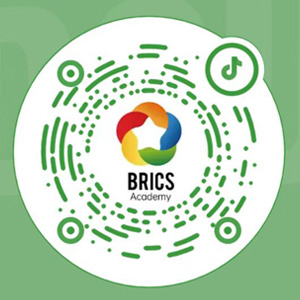
 闽ICP备12331232468号-1
闽ICP备12331232468号-1